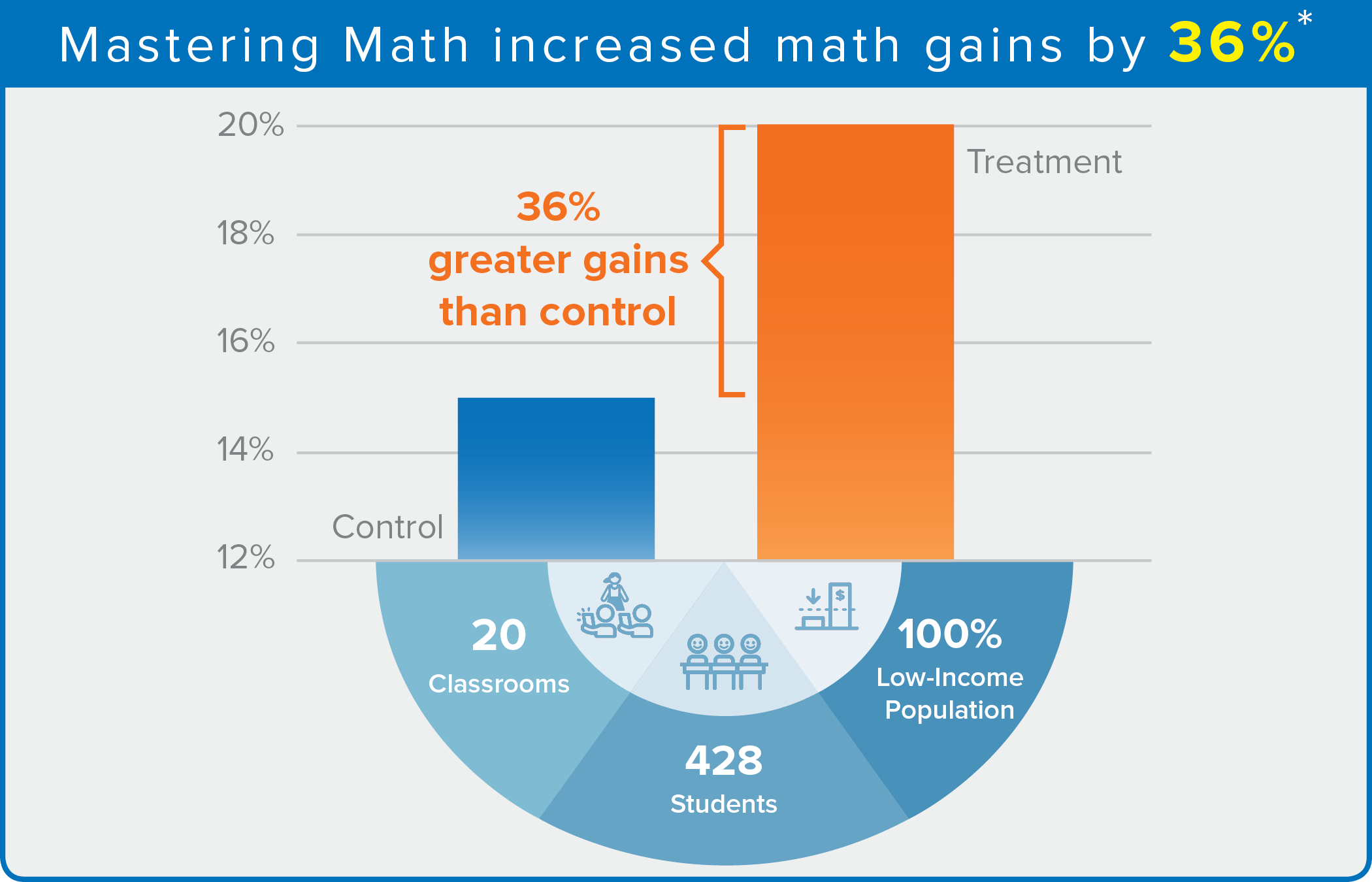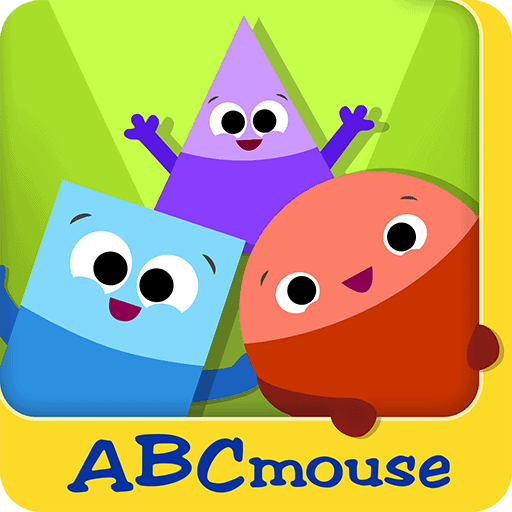
CASE STUDY: Age of Learning
Helping an education powerhouse level up their game design
Age of Learning makes ABCmouse.com, the market leading educational site for kids 2-8, with over a million subscribers. We helped Age of Learning level up their game design skills by improving their company practices for prototyping and testing innovative new ideas. The result was the breakthrough adaptive learning game Mastering Math.

In the Beginning
Age of Learning is the parent company of ABCmouse.com Early Learning Academy, the leading educational site for kids 2-8. Age of Learning also produces ReadingIQ and Adventure Academy for older students, and is rapidly expanding into China and the rest of Asia.
When we came to Age of Learning in 2013, they were already a successful company with thousands of movies, stories, and activities. But they knew their games needed more depth, especially as they aged up their target audience.
Age of Learning engaged us to help them build their next generation of adaptive games that personalize learning for each child, and put in place new design processes for building interactive experiences. Scott Kim’s unique blend of game thinking and learning design skills were perfect for kickstarting this new company direction.
It takes courage for a company to disrupt itself. But better to disrupt yourself, than wait for your competitors to force your hand.
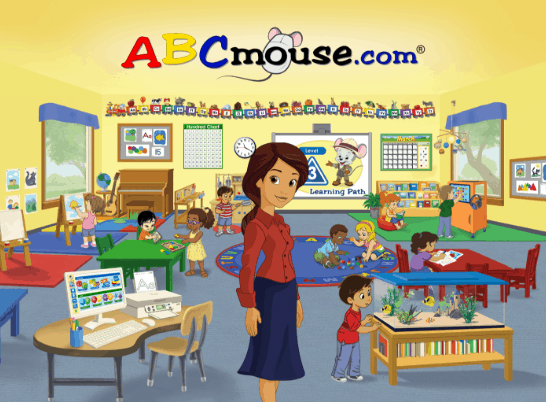
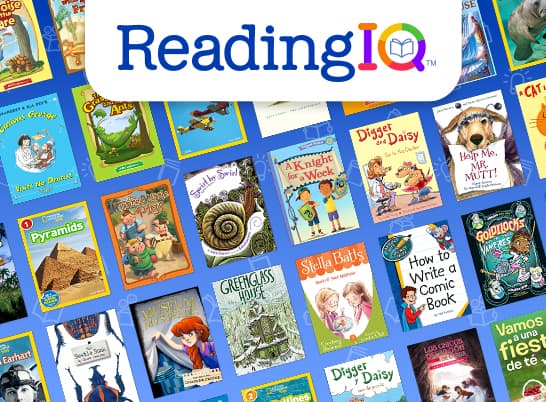

How We Helped
When we started work with Age of Learniing in 2013, they had produced thousands of top-notch videos and stories, but their interactive content was shallow. They knew they needed to retool to produce deeper learning games.
To help Age of Learning kickstart a new class of educational games, we rapidly prototyped new games around their most important educational objectives, and playtested rough paper prototypes on real kids. Rapid prototyping and early playtesting are common practice in the games industry, but was new to Age of Learning.
Through paper prototyping we quickly identified which games were worth developing further. But when these paper prototypes were turned into rough digital games, Age of Learning made the common mistake of overpolishing the artwork. Progress slowed to a crawl, and playtesters critiqued the prototype as if they were seeing a finished product, instead of a rough concept sketch.
We solved the problem of overpolishing early prototype art by developing an art style for prototypes that looked professional, but was quick to execute, and clearly communicated to playtesters to react to the concepts, not the fine details of the artwork.
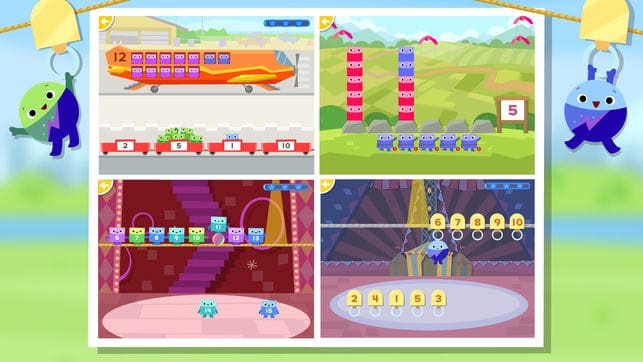
SUCCESS TIP
Keep prototype art deliberately sketchy, so you can iterate quickly, and not mislead playtesters.
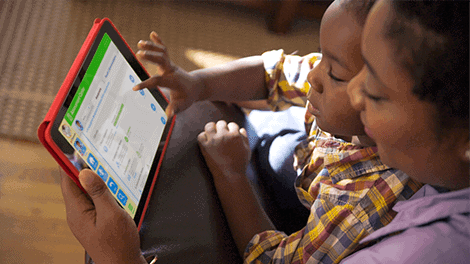
SUCCESS TIP
Playtest early and often to keep your product design on track.
Steering design with frequent playtesting
Before our involvement with Age of Learning they had done very little early playtesting, because simple activities don’t need it. Once we had paved the way with our first round of rapid prototyping and playtesting with kids, Age of Learning engaged a testing company to find test subjects and run playtests, and eventually built an internal team to conduct tests for products across the company.
Early playtesting of game design concepts is now an established practice at Age of Learning, fully integrated into their design process.
Interview the right early customers
When instructional designers are tasked with creating lessons around familiar topics, they can rely on teaching experience and curriculum standards to guide their work. But when instructional designers take on innovative new curriculum areas, they need to go back to basics, and find out what students and teachers need.
Following the principles of Game Thinking we set out to interview teachers to learn about their experiences and needs in new curriculum areas. There we ran into a roadblock. The relationship with teachers was owned by the marketing department; there was no precedent for allowing curriculum and game design teams to interview teachers.
Fortunately we found a workaround — interview an established advisory board of teachers from across the country. They were not ideal, but they were more than good enough. Our interviews were invaluable for deciding which new curriculum areas we should develop, and which we should ignore.
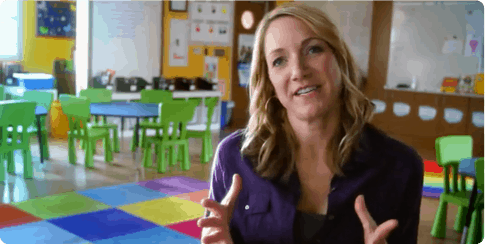
SUCCESS TIP
If you can’t interview who you WANT to interview, figure out who you CAN interview

Innovate faster with small cross-functional teams
Producing a book or a video follows a predictable production path. Writers draft a script, which goes to a production crew, who hands footage to the editing department. Sometimes a scene may need to be reshot, but for the most part production follows a linear path.
As every game studio knows, producing interactive content requires an entirely different process. There are so many moving parts that it is hard to predict how a change in one part of the game will affect other parts of the game.
Following common lean and agile practices from the games and software industries, Age of Learning restructured production into small cross functional teams that included software engineers, artists, game designers and curriculum specialists, working in short sprints interleaved with frequent playtests.
SUCCESS TIP
To innovate efficiently, form small cross-functional teams that work in short sprints.
Results: improved engagement & learning
By restructuring their design process to include rapid prototyping and testing, the Age of Learning team was able to produce the breakthrough adaptive game Mastering Math, which covers crucial kindergarten through 2nd grade number skills. Unlike other educational games, which merely march kids through a fixed sequence of exercises, Mastering Math constantly evaluates what a child knows, and delivers exactly the what the child needs in order to master every essential basic skills.
Studies show that students are much more engaged, and learning is boosted, especially for kids struggling with math. Age of Learning is now releasing other Mastery games, starting with Mastering Reading, and is spreading adaptive learning technology throughout all of its products.
And the Game Thinking techniques that led to Mastery games are now standard practice throughout Age of Learning.
